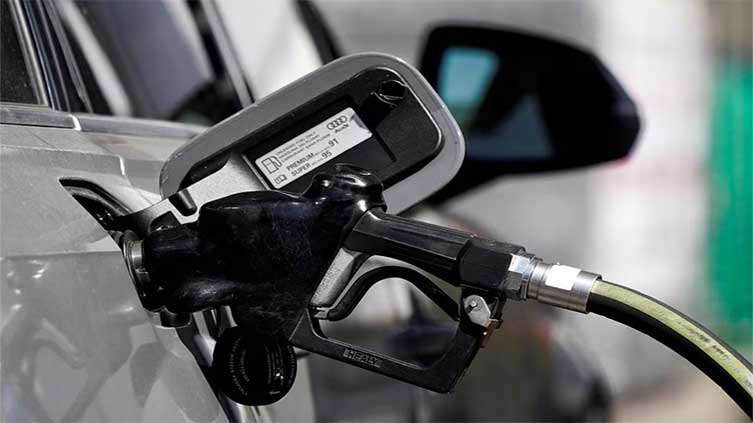Chevron, Exxon pursue cleaner gasoline as alternative to EVs

Technology
Chevron, Exxon pursue cleaner gasoline as alternative to EVs
HOUSTON (Reuters) - The two largest U.S. oil companies are road testing renewable gasoline blends that they say could bring down emissions from conventional autos to levels competitive with electric vehicles (EVs). The fuels being promoted by Chevron Corp. and Exxon Mobil Corp., if made commercially available, potentially would extend the life of the gasoline market as part of the world's transition to cleaner fuels and electric vehicles.
Chevron and Exxon disclosed in the past days test results from partnerships with automaker Toyota Motor Corp. using renewable gasoline partially made from soybeans or other non-fossil feedstocks. The blends could be used by the existing U.S. car fleet and gas stations, the oil majors have said.
The tests came as U.S. President Joe Biden's administration last week proposed new pollution standards that could result in EVs accounting for up to two-thirds of U.S. light vehicle sales by 2032, according to government calculations.
Bringing the cost of these renewable gasoline blends to affordable levels would depend on supportive government policies, Exxon said. Chevron added it could be years before the renewable fuel could be available in pumps.
The companies use different metrics to measure emissions. Exxon said its renewable gasoline could reduce emissions by as much as 75% compared to conventional gasoline on a life cycle basis.
Chevron said its blend was more than 40% less carbon intensive than traditional gasoline, including the carbon intensity of manufacturing the vehicle.

